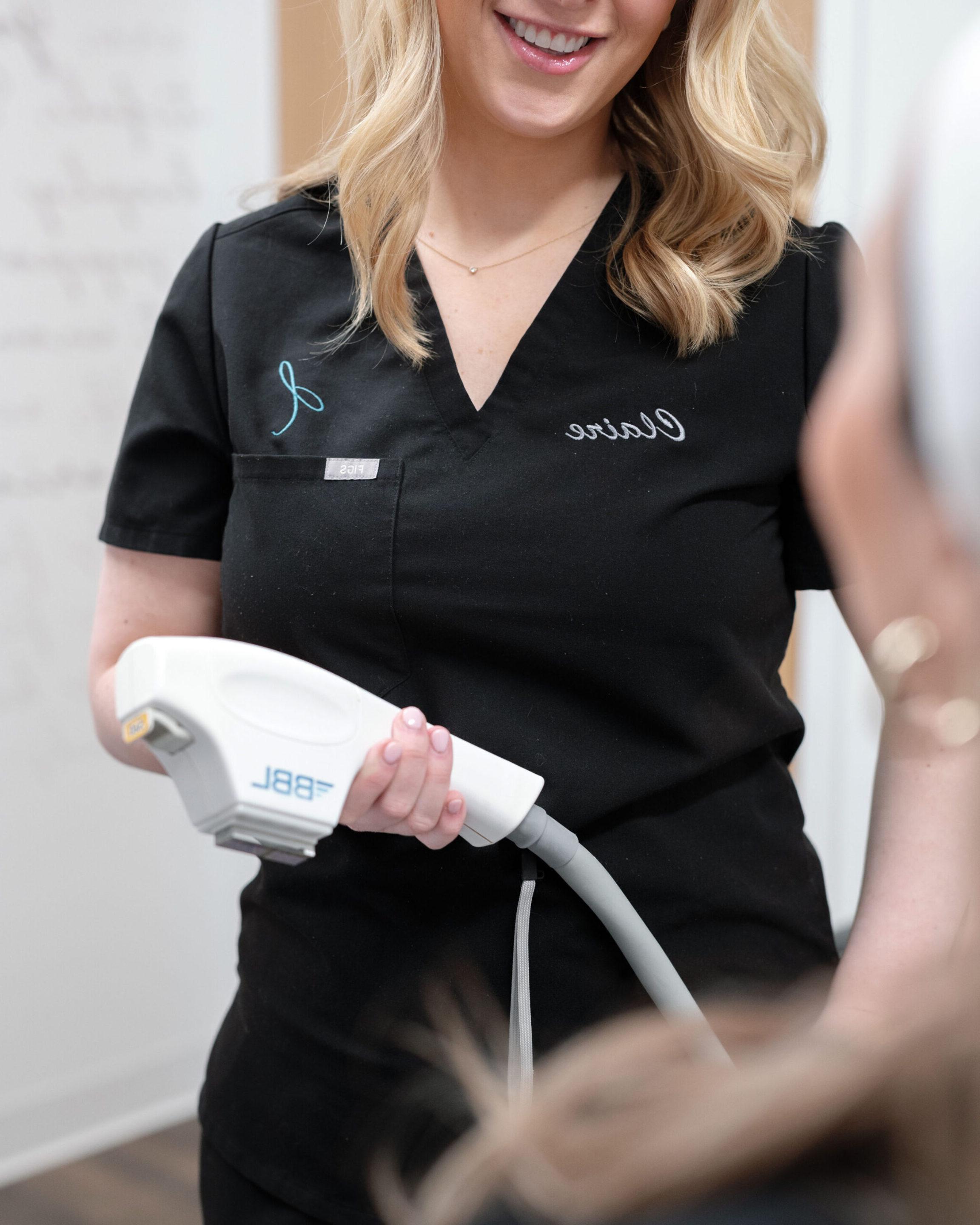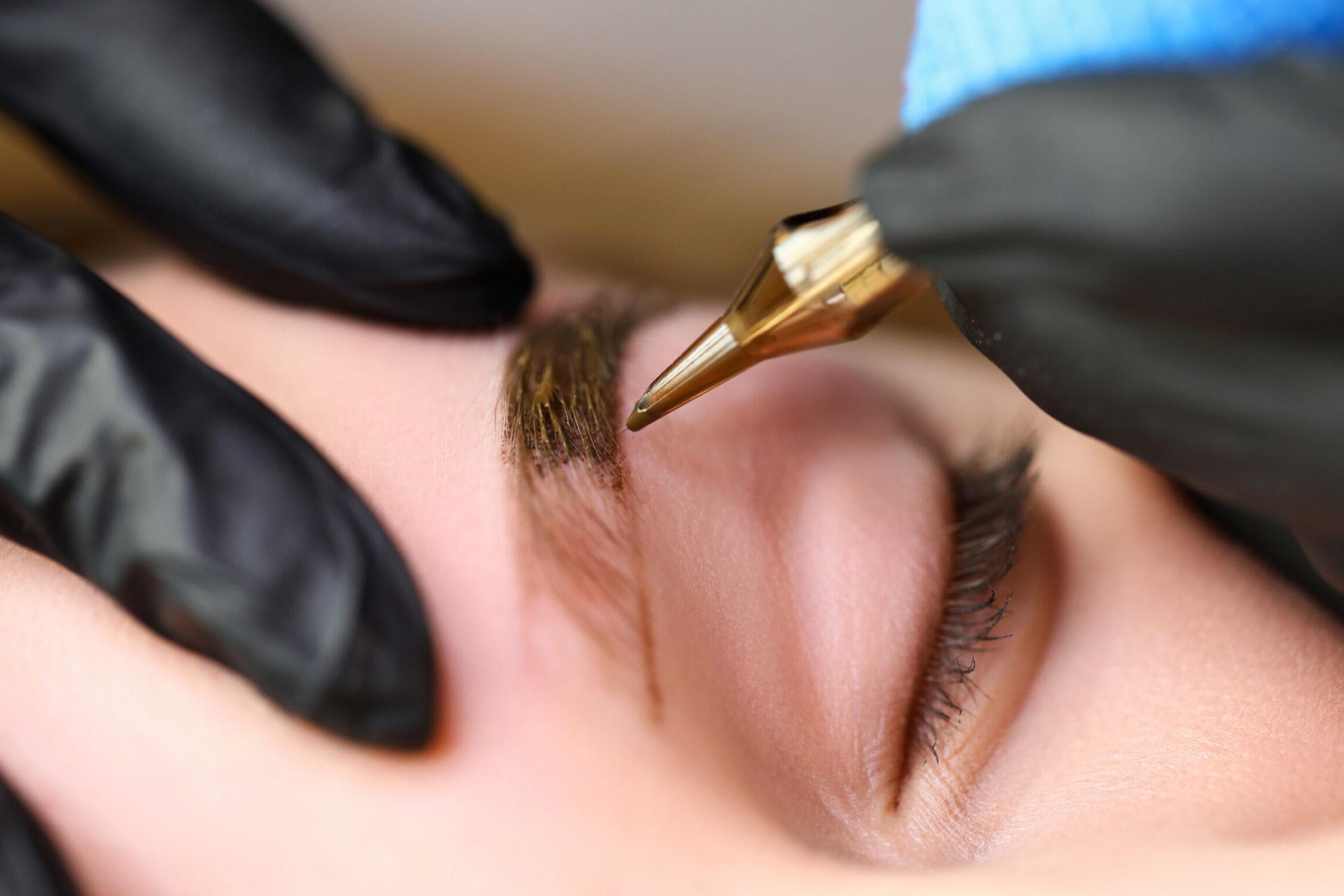A Word About Caffeine Withdrawal
What Happens To Our Bodies When We Quit Caffeine

Improving sleep and mood. Reducing caloric intake. Keeping more money in your pocket. Taking part in our Elimination Diet challenge. There are a number of reasons to ditch the java, but doing so may feel like a tall order because it has become so ingrained in your daily routine.
Roughly 75% of Americans report consuming some sort of caffeinated beverage on a daily basis. This psychoactive substance causes us to feel more alert, refreshed and focused. However, there are a number of negatives that come with that cup (or pot) of morning coffee! We’re going to walk you through what you can expect to experience as you eliminate caffeine from your diet – both the “short-term bad” and the “long-term good.”
(Note: There are some health benefits to coffee, but that conversation is for another day. Today, we’re just focusing on the benefits of cutting caffeine.)
Before getting into the details about withdrawal symptoms and all of the “bad stuff,” we wanted to discuss the benefits of ditching that daily Venti coffee in an effort to make the journey feel less daunting.
You Will Be Happier & Feel More Alert
Caffeine doesn’t give us energy; it just masks our symptoms of fatigue. When we remove it from our diet, we become more consistent – in our happiness and our energy levels. Caffeine causes the release of cortisol (the stress hormone) which results in us feeling unnecessarily burdened when we’d otherwise feel alert and awake. As humans, we’re supposed to feel tired! We’re supposed to address the root causes of our fatigue instead of covering them up.
You Will Sleep Better & Feel Less Anxious
Caffeine is a stimulant that can cause major sleep disruption especially if consumed in the late afternoon/early evening (you know, that time when you need an extra boost at work or when you’re about to hit the gym). By removing it from your day, your body reverts to its natural schedule. Your circadian rhythm is back on track, your body produces melatonin when it should and you get better sleep.
You Will Absorb More Vitamins & Minerals
Vitamin B6 plays a vital role in the absorption of important minerals, including iron, magnesium and calcium. Caffeine depletes our supply of B6 before it has a chance to serve its primary purpose – which is why you sometimes see it added to energy drinks. Caffeine may also inhibit the absorption of copper, manganese and zinc, while also increasing the expulsion of phosphate, potassium and sodium.
You Will Likely Notice A Decrease In Bloat & Maybe Even Some Weight Loss
As noted above, caffeine intake directly correlates to cortisol release. This added stress can cause our bodies to retain excess water weight. Cortisol also stimulates fat and carbohydrate metabolism, which sounds great at first, but can also result in cravings for sweet, salty and fatty foods.

Common Symptoms of Caffeine Withdrawal
- Headache
- Fatigue
- Lethargy
- Difficulty Concentrating
- Irritability
- Increased Heart Rate
- Nausea
- Trouble Sleeping
- Muscle Aches & Hand Tremors (in heavy users)
What’s Actually Happening Inside Of Our Bodies

Blood Flow To The Brain Returns To Normal
The most common symptom relating to caffeine withdrawal is the dreaded headache, with upwards of 50% of individuals experiencing them. Why does this happen? Caffeine restricts blood flow to the brain by about 22% – 30%. Without it, blood vessels are no longer dilated so flow to the brain can climb back to normal levels. This rush causes the headaches we experience. Some headaches can be so severe that they cause nausea.
The Central Nervous System Receives Adenosine
Caffeine also blocks the brain’s adenosine receptors – the naturally occurring chemical that makes us feel tired. Abstaining from the substance allows the brain to receive adenosine again which, as expected, causes natural fatigue and temporary difficulty concentrating.
The Number Of Dopamine Receptors Is Reduced
Dopamine is the body’s “feel good” chemical. When we consume caffeine, we increase striatal dopamine D2/D3 receptor availability – which really just means that we increase the amount of dopamine our brain receives. This number returns to normal after we cut caffeine; that shift can cause us to feel less motivated and outright irritable.
Caffeine Withdrawal Timeline
While it only takes 15 minutes to feel the effects of that coffee, at least half of that caffeine will still be in your body up to 6 hours later. It takes about 10 hours for caffeine to be removed from your bloodstream – this is when the clock starts!
Each individual is different based on factors including body size, diet and amount of caffeine consumed on a daily basis.

Here is what most people can expect to experience:
- 10 hours since your last “dose”: Everything should feel just about normal at this point
- 12 hours: You may start to experience a slight headache
- 16 hours: Fatigue begins to set in
- 24 hours: The headache starts to intensify while anxiety and irritability set in; some may begin to experience nausea
- 36 hours: It continues to be difficult to concentrate and sleep, leaving you feeling even more sluggish; some may begin to experience tremors
- 48 hours: Symptoms have likely hit their pique with heavy users, while those that sip just a cup or two of coffee a day are most likely on the other side of this
- 72 hours: Lighter users are likely sleeping well at this point, while heavy users’ headaches are starting to ease up a bit and the tensions are becoming easier to handle
*Symptoms can last between 2 – 10 days, depending on how severe the dependency may be
What You Can Do To Ease Symptoms 
The Best Thing You Can Do: Stay Hydrated!
This means not only drinking 8+ glasses of water a day, but also getting your electrolytes. Dehydration can exacerbate withdrawal symptoms, especially headaches. OTC pain relievers, like Ibuprofen and acetaminophen, can help make life easier throughout the process.
Get Your Sleep
During this time, you’re likely going to feel a bit sluggish so getting extra sleep is welcome. Take that nap and get a full night’s rest. It’s ok to sleep through this if your body and schedule allow it!
Keep It Moving
When you’re not asleep, we recommend adding more movement to your day. The headaches and fatigue are going to do a number, yes, but if you can push through and go for an outdoor walk, your body can come through in the clutch with much-needed endorphins. The additional movement will help take your mind off what’s happening inside of your body, improve your sleep and provide a natural energy boost.
How To Prevent Harsh Symptoms
Simply put, the best way to prevent the serious withdrawal symptoms associated with caffeine cessation is to wean off the substance instead of quitting cold turkey. Try switching to 50% decaf and 50% fully caffeinated coffee for about one week. Then, graduate to a 75%/25% ratio for an additional week before cutting out caffeine altogether. This approach should make the process more bearable!

About The Author
As Donaldson Plastic Surgery’s functional wellness specialist, Dr. Marguerite Weston is an expert when it comes to explaining how diet impacts our daily lives. She creates sustainable nutrition plans to help patients manage their weight, balance their hormones and feel their best. She also routinely hosts local wellness events to promote positive health decisions throughout the community.
Related Articles

Read More How To Build Healthy Habits
How To Build Healthy Habits
A strong, healthy lifestyle isn’t about perfection – it’s about consistency. Our guide to healthy habits breaks down simple, effective ways to create lasting routines that work with a busy schedule.

Read More How To Maintain Ozempic Results
How To Maintain Ozempic Results
Long-term methods to reinforce healthy habits & support your metabolism to sustain your results & continue feeling your best.

Read More Dr. Weston at RTRX 2024
Dr. Weston at RTRX 2024
Marguerite Weston, MD, took center stage at RTRX 2024 to deliver an engaging Masterclass seminar that addressed the interconnectivity of stress, hormones & our overall health.













